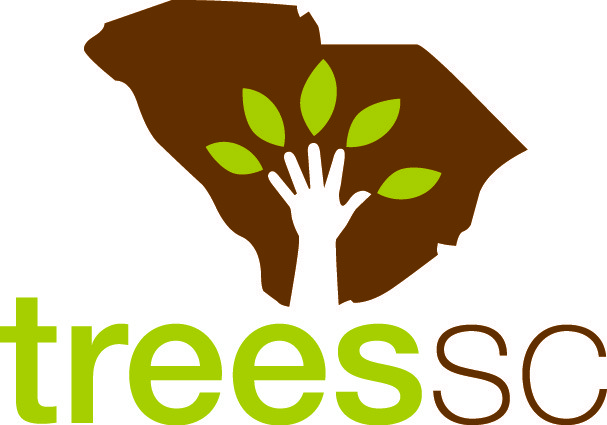
Hartsville is a small city of about 8,000 residents in the Sandhills region of the SC Midlands. It is home to Coker College, the SC Governors School for Science and Mathematics, Sonoco Products Company, Duke Energy’s H.B Robinson Nuclear Generating Station, and Stingray Boats. It was also the home of Renofest, an annual bluegrass festival honoring SC native and bluegrass pioneer Don Reno that ran for 20 years, closing down in 2017.
Stephen Wild served the City of Hartsville for 15 years or so in the capacity of City Arborist. I recently spoke with him and was surprised to learn that his city-wide tree-related responsibilities have been transferred over to the Streets and Grounds division of the Public Services Department, making Stephen the Parks Facilities Coordinator for Byerly Park. As a result, this article conveys my best understanding on how the community forestry operates in Hartsville, based on my conversation with former City Arborist Stephen Wild, and whatever resources I could find on the internet.
One of the hallmarks of a good community forestry program is strong citizen involvement. Hartsville has benefitted from a partnership with a citizen nonprofit organization, Trees For Tomorrow, for many years – longer, in fact, than Stephen has been a City employee. Since sometime in the late 1960s, Trees For Tomorrow has worked to help plant, maintain and sometimes even remove public trees, often partnering with the City of Hartsville or others to accomplish their mission. Dr. George Sawyer, one of Trees SC’s founding members, was also involved in the beginnings of Trees For Tomorrow.
However, for many years, Dr. Howard Tucker has been the real driving force behind Trees For Tomorrow. I spoke with him recently about his role, and he pointed out that Hartsville is very fortunate to have 3 private foundations (legal entities typically set up to give away a percentage of their annual revenue): the Byerly Foundation,the Charles W. and Elizabeth H. Coker Foundation, and the Sonoco Foundation. In fact, Dr. Tucker served for a period of years on the board of the Byerly Foundation, and that is how he was uniquely positioned to understand how to procure funding for Trees For Tomorrow – through his knowledge of these local foundations and how they contribute to local charities around the Hartsville region. There are other sources of funding for local charities as well, but Trees For Tomorrow devotes almost 93% of its total expenses to program services, a very high bar for any charitable organization!
As for the municipal community forestry program, Hartsville has been recognized as a Tree City USA for each of the past 32 years. They generally contract out big tree removals, and some other tree maintenance. They are able to plant and maintain young trees in-house. They have a good relationship with Duke Energy, which benefits both the City and the utility. The City partners with various community organizations to get much tree-related work accomplished, which seems to be to be a very appropriate way to get things done.


Recent Comments